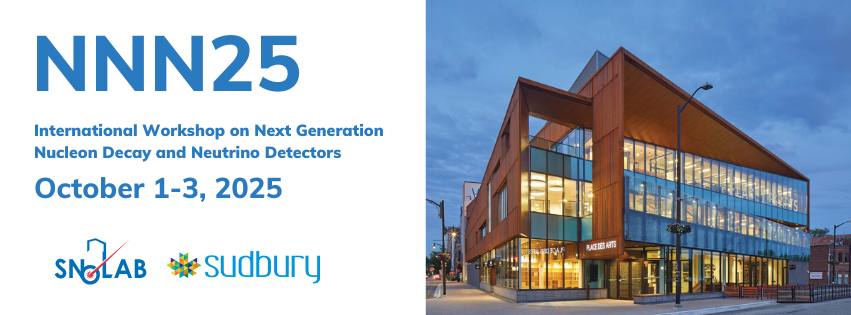Speaker
Description
Access to clean drinking water is an urgent global challenge, driven by climate change and emerging contaminants beyond the reach of conventional treatment methods. At TRIUMF, we have developed the Water Monitoring System (WMS), a novel in-situ monitoring approach that adapts technologies from large water Cherenkov detectors. The system employs single-photon-sensitive detectors, photon counting technique, and newly developed UV-VIS LEDs capable of pulsing at MHz frequencies with sub-nanosecond widths. The WMS has demonstrated sensitivity to <1% changes in water transparency during deployment at the Water Cherenkov Test Experiment at CERN, corresponding to contaminant concentrations at the parts-per-billion level. Building on this, we are collaborating with water engineering experts to evaluate its effectiveness in detecting substances of concern such as selenium from coal mining effluent, organic mercury from thawing permafrost, and disinfection by-products in drinking water. A complementary scattering detector is also under development, using pulsed-laser Mie scattering and ring-imaging Cherenkov techniques to measure particle size distributions. This enables real-time detection of particulate pollutants such as E. coli bacteria and microplastics. Together, these systems offer a powerful multi-modal framework for environmental water quality monitoring. Educational initiatives are also underway to integrate these technologies into STEM programs for Indigenous students.
| Submitter Name | Xiaoyue Li |
|---|---|
| Submitter Email | xiaoyuel@triumf.ca |
| Submitter Institution | TRIUMF |

